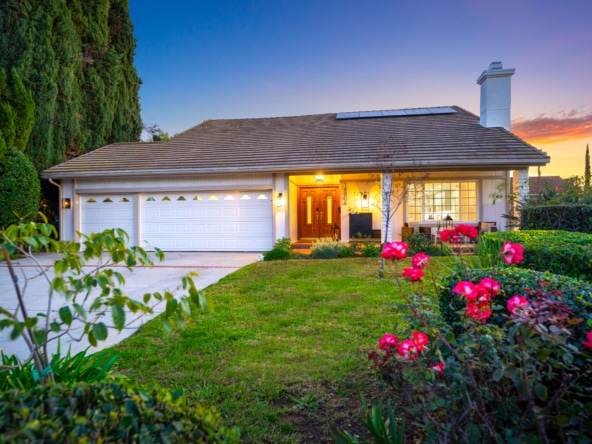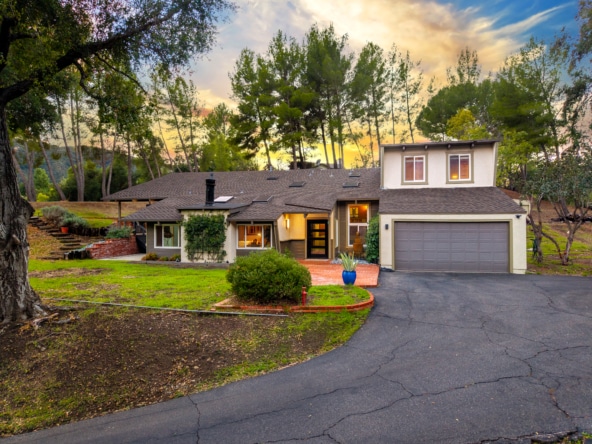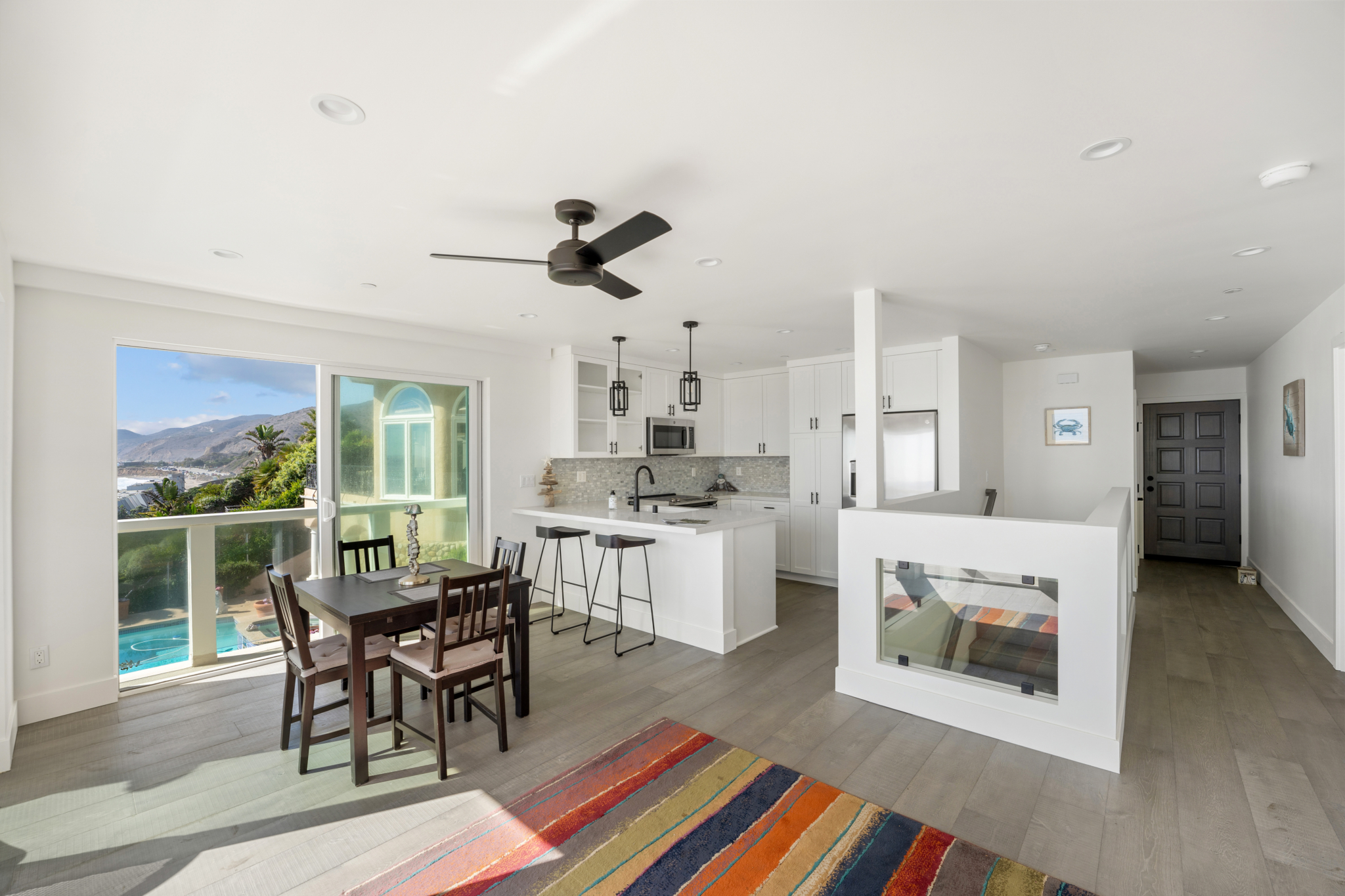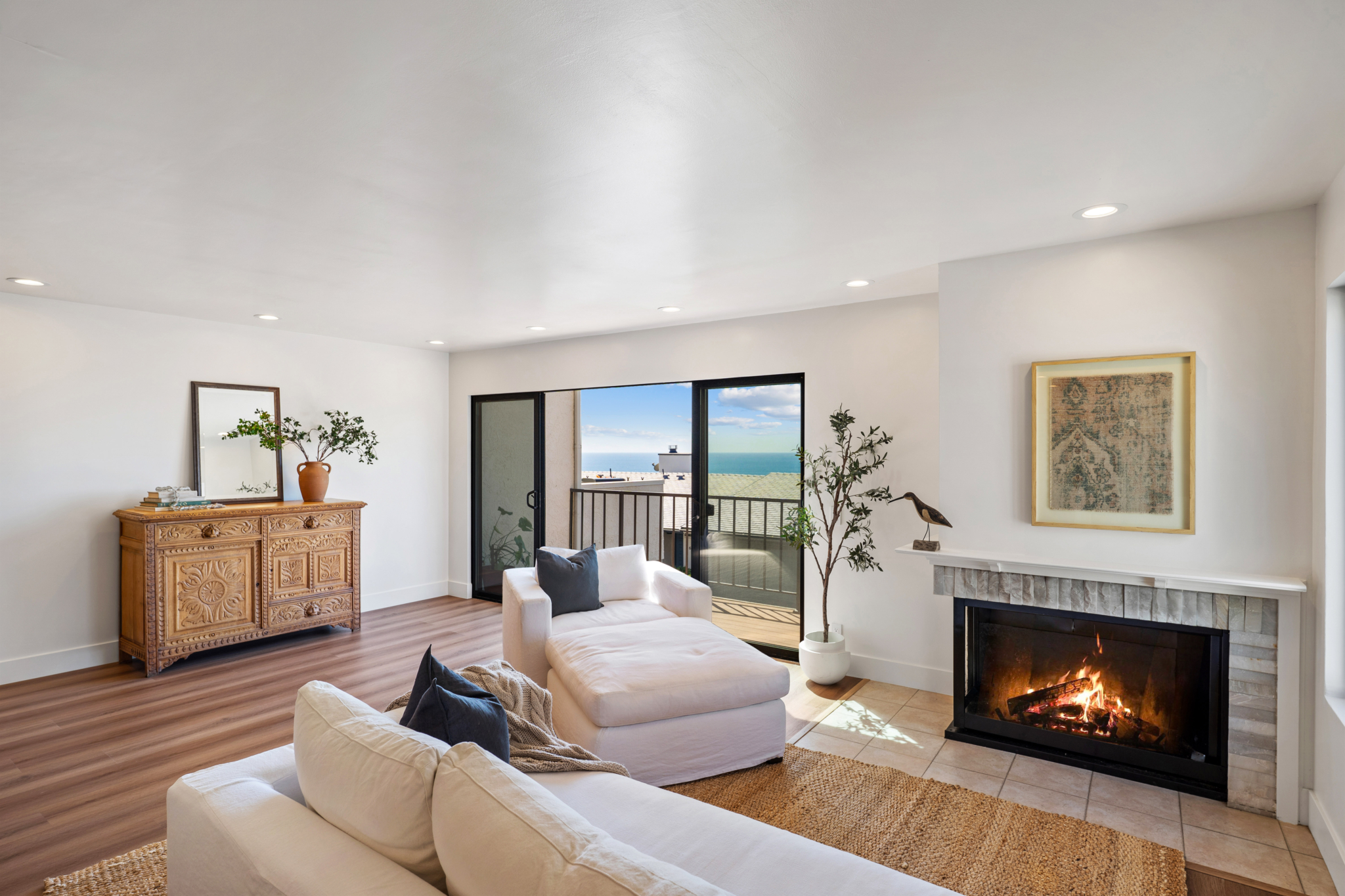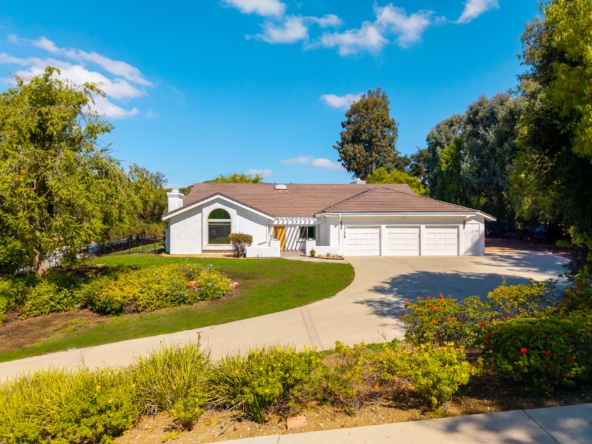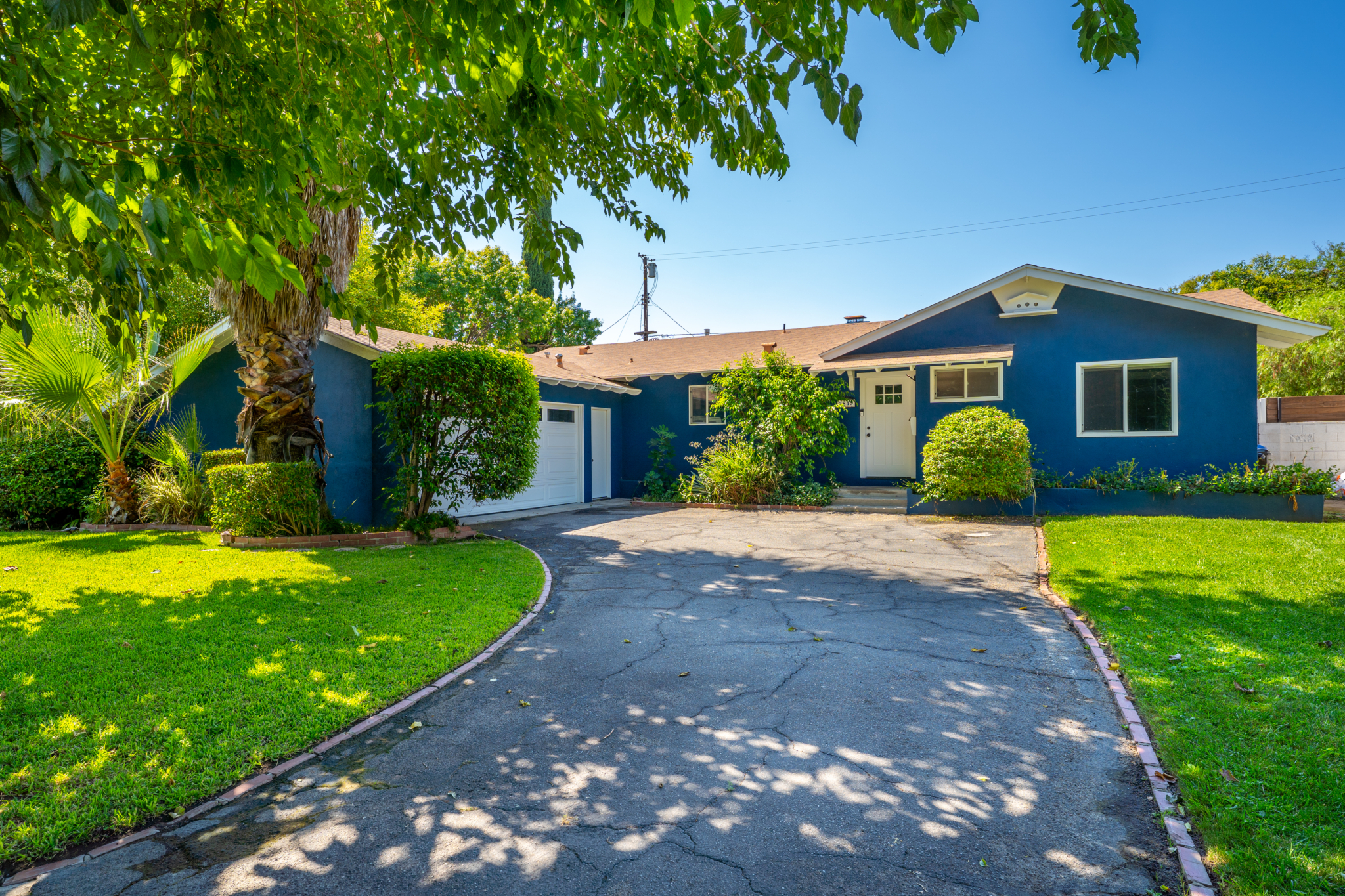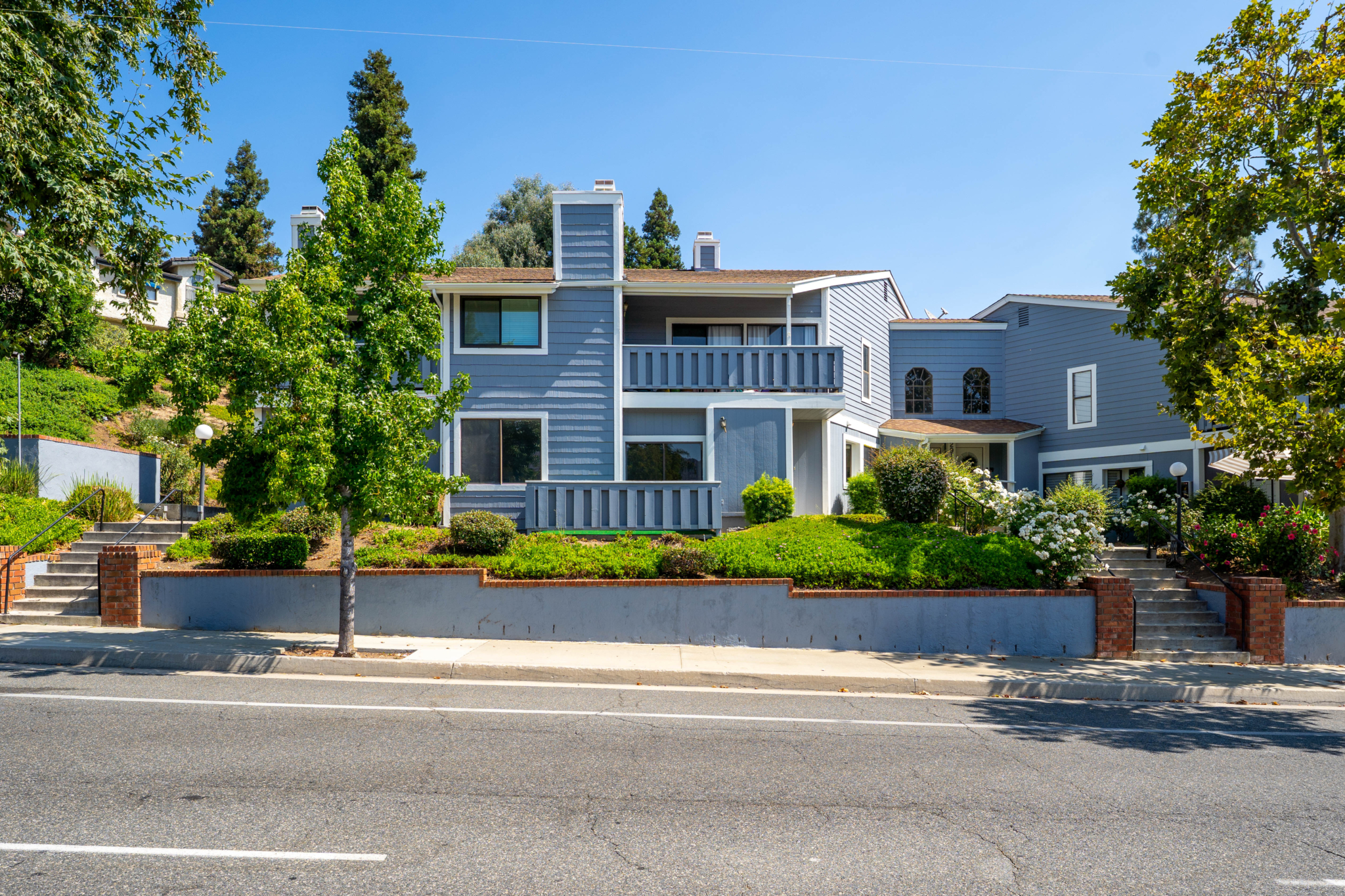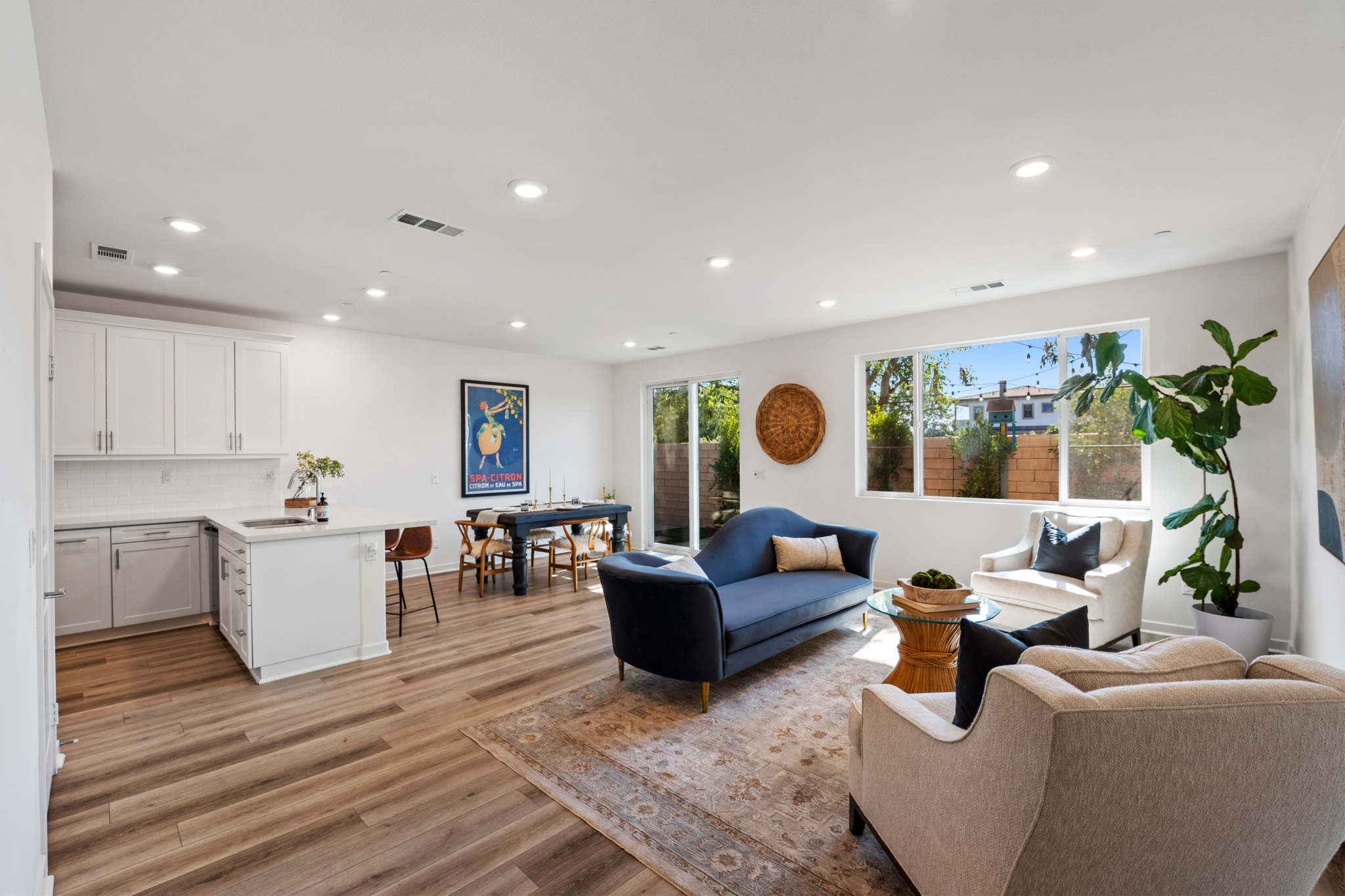If you’re considering selling your house, you might view this spring season as an optimal time – and you’re correct. We’re currently in a seller’s market due to the limited inventory of homes for sale. Historically, this is when more buyers enter the market, leading to increased competition. This makes it an exciting time to list your property for sale.
However, despite favorable conditions for sellers, it’s important to be strategic when setting your asking price. Overpricing your house could potentially have negative consequences in the long term.
The Downside of Overpricing Your House
Your house’s asking price communicates a message to potential buyers. It’s the first thing they see in your listing, along with the photos, and it can significantly impact their perception. If the price is set too high, you might deter potential buyers. According to an article from U.S. News Real Estate:
“Even in a hot market where there are more buyers than houses available for sale, buyers aren’t going to pay attention to a home with an inflated asking price.”
This reluctance stems from the fact that buyers are reluctant to overpay, especially in today’s market. Many are already feeling financial strain due to rising home prices and current mortgage rates. If buyers perceive your house as overpriced, they might not even consider viewing it or making an offer.
In such cases, selling your house could take longer. You ideally want to avoid having to reduce the price to rekindle interest in your property. Why? Some buyers may view a price cut as a red flag, questioning why the price was lowered, or assuming there’s an issue with the property the longer it remains unsold. As explained in an article from Forbes:
“It’s not only the price of an overpriced home that turns buyers off. There’s also another negative component that kicks in. . . . if your listing just sits there and accumulates days on the market, it will not be a good look. . . . buyers won’t necessarily ask anyone what’s wrong with the home. They’ll just assume that something is indeed wrong, and will skip over the property and view more recent listings.”
Your Agent’s Role in Setting the Right Price
Instead, pricing your home at or slightly below the current market value from the beginning is a much wiser approach. But how do you determine this ideal asking price? You rely on the expertise of real estate professionals. Only an agent has the necessary skills to research and ascertain the current market value of your home.
They will take into account factors such as the condition of your house, any upgrades you’ve made, and the selling prices of similar houses in your area. Using this information, they will pinpoint the optimal price. The right price will attract more buyers and increase the likelihood of receiving multiple offers. Additionally, properly priced homes tend to sell quickly.
Bottom Line
While you aim to maximize your profit when selling, setting the asking price too high can deter buyers and delay the sales process. Let’s collaborate to determine the optimal price for your house, allowing us to maximize your profit while attracting eager buyers who are ready to make competitive offers.


